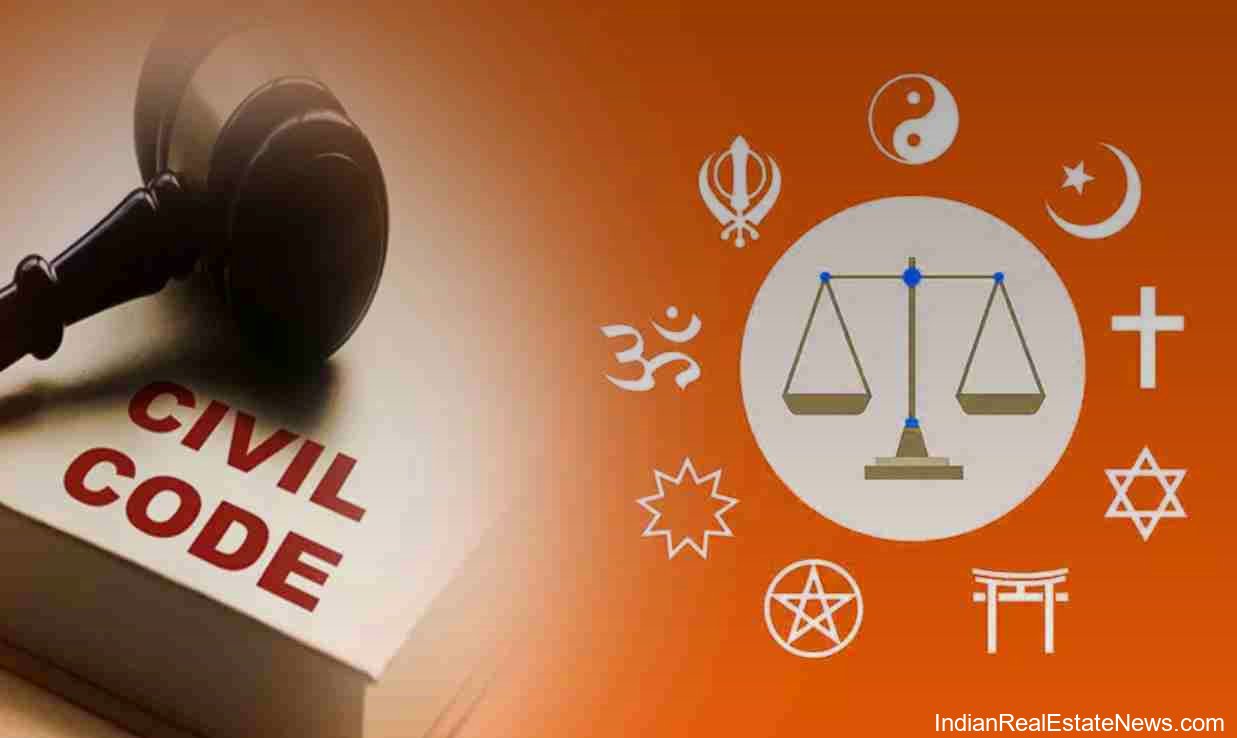The state of Uttarakhand is taking a bold step forward with the implementation of the Uniform Civil Code (UCC), a move that aims to streamline various personal laws into a singular framework. This initiative is anticipated to bring significant changes, particularly in the realms of succession and inheritance rights. As the state government rolls out this policy, it is crucial to understand its implications on property rights and how it may alter the landscape of inheritance for residents.
What is the Uniform Civil Code?
The Uniform Civil Code is a proposal to replace personal laws based on the scriptures and customs of each major religious community in India with a common set governing every citizen. These laws cover marriage, divorce, inheritance, adoption, and maintenance. The main aim is to ensure that all citizens of India are treated equally under the same set of secular civil laws.
Impact on Succession and Inheritance Rights
One of the most significant areas affected by the implementation of UCC in Uttarakhand is the succession and inheritance rights. The current scenario in India involves a myriad of laws based on religion, which can lead to discrepancies and confusion. With UCC, the goal is to provide a uniform and simplified legal framework that will apply to all citizens, irrespective of their religion.
| Aspect | Current Laws | Post-UCC Implementation |
|---|---|---|
| Succession | Varies by religion (e.g., Hindu Succession Act, Muslim Personal Law) | Unified under a single legal framework |
| Inheritance | Different rules for different communities | Standardized rules for all |
Key Benefits of UCC in Inheritance Law
- Eliminates ambiguity and confusion in legal proceedings.
- Promotes equality by providing the same inheritance rights to women as men.
- Simplifies the legal process, making it more accessible to the general public.
“The introduction of UCC in Uttarakhand is a landmark step towards creating a more egalitarian society where every individual, regardless of their faith, has equal rights to property and inheritance,” said a state government official.
Concerns and Criticisms
While the UCC aims to establish equality, it has not been without its critics. Some argue that it may undermine the cultural and religious identity of minority communities. However, proponents believe that the benefits of having a unified legal system far outweigh such concerns.
Q1: What is the Uniform Civil Code?
A: The Uniform Civil Code (UCC) is a set of laws that aim to replace personal laws of different religions with a unified set of secular laws applicable to all citizens.
Q2: How will UCC affect inheritance rights in Uttarakhand?
A: UCC will standardize inheritance rights, ensuring equal treatment for all citizens, regardless of religious background, and eliminate disparities present in current laws.
Q3: What are the benefits of implementing UCC?
A: Benefits include legal uniformity, enhanced equality especially for women, simplified legal processes, and reduced legal ambiguities.
Q4: Are there any criticisms of the UCC?
A: Some criticisms include concerns about the potential erosion of religious and cultural identities and the challenge of implementing a uniform law in a diverse country.
Q5: What are the challenges in implementing UCC?
A: Challenges include resistance from religious groups, the complexity of unifying diverse laws, and ensuring fair implementation across different sectors of society.
In conclusion, the implementation of the Uniform Civil Code in Uttarakhand represents a significant shift towards legal uniformity and equality. While it presents challenges, particularly in balancing cultural sensitivities, its potential to simplify and equalize succession and inheritance rights could pave the way for similar reforms nationwide.
